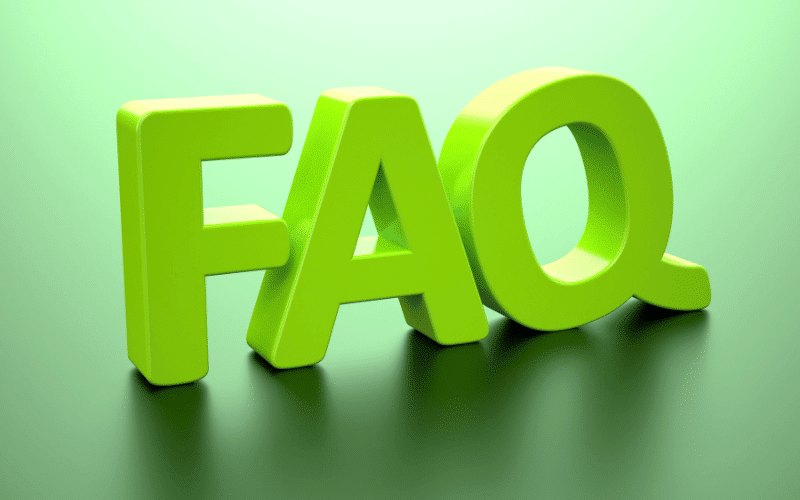FAQ: Frequently Asked Questions About Iodine Deficiency

1. How can I tell if I am iodine deficient?
The most accurate way to determine if you’re iodine deficient is through a urine test. A healthcare provider can measure the amount of iodine in your urine to check if you’re getting enough iodine.
2. What is the recommended daily intake of iodine?
The recommended daily intake of iodine varies by age and life stage. For adults, it’s 150 micrograms per day. Pregnant women need more, about 220 micrograms daily, and breastfeeding women need 290 micrograms daily.
3. What food sources are rich in iodine?
Seaweed, fish, dairy products, and iodized salt are all good sources of iodine. Some grains and eggs also contain iodine, but the amount depends on the iodine content of the soil and feed.
4. Can too much iodine be harmful?
While it’s rare, consuming excessively high amounts of iodine can cause health issues, including thyroid gland inflammation, thyroid cancer, or iodine-induced hyperthyroidism. It’s always best to adhere to the recommended daily intake.
5. Can iodine deficiency be reversed?
Yes, iodine deficiency can be reversed by increasing your iodine intake. This can be achieved through diet, iodine supplements, or fortified foods. However, it’s important to consult a healthcare professional before starting any new supplementation regimen.
Conclusion: Understanding the Full Impact of Iodine Deficiency
In wrapping up our exploration of the health effects of iodine deficiency, it’s clear that the implications of this condition are wide-ranging and profound. From cognitive impairments and mood disorders to visible signs like hair loss and dry skin, the effects touch nearly all aspects of our health.
Indeed, each of the ten health effects we’ve discussed underscores the vital role of iodine in our bodies. It reminds us of the importance of ensuring adequate iodine intake for our health and well-being. Yet, these health effects also highlight the resilience and adaptability of our bodies, their ability to cope and manage, even in the face of adversity.
While iodine deficiency is a global health concern, understanding its health effects is the first step in addressing it. It’s a call to action for prioritizing nutrition, emphasizing prevention, and focusing on holistic health.
The knowledge about iodine deficiency and its health effects is a powerful tool. It equips us with the understanding needed to make informed decisions about our health. After all, as the saying goes, “knowledge is power.” In the context of iodine deficiency, this knowledge can indeed be powerful — powerful enough to transform health outcomes, one person at a time.